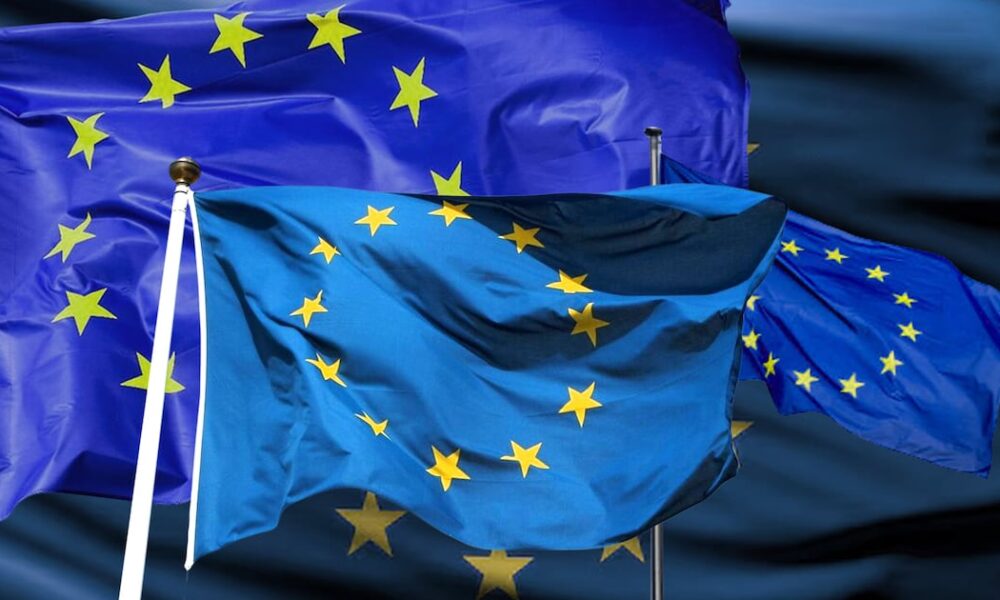Regulation
Crypto companies must review 2,200 Russian entities under latest EU sanctions – DL News

- EU officials have ordered financial companies not to provide services to the Russian military.
- Crypto service providers are prohibited from facilitating transactions related to the Russian war effort.
- The sanctions come as the industry faces an influx of new regulations.
European crypto companies need to worry more about Russia.
This is the result of the action taken on Monday by the Council of the European Union when it adopted a 14th round of sanctions against Russia for its invasion of Ukraine in 2022.
The sanctions package focuses primarily on industrial and financial ties with Vladimir Putin’s state. It bans EU ports from reselling Russian liquefied natural gas.
European banks are also banned from connecting to the Russian financial transfer system.
Weapon Supplies
When it comes to crypto, authorities prohibit platforms from facilitating transactions for any company or organization helping Russia replenish its supplies of weapons and military technology.
The list of targeted entities now exceeds 2,200, Reuters reported.
“A lot of additional due diligence will be required,” said Isabella Chase, senior policy advisor at blockchain intelligence firm TRM Labs. DL News.
Crypto companies will need a solid understanding of the companies involved in supporting the Russian military, she said.
Join the community to receive our latest stories and updates
“You need to know about the weapons networks, and then you also need to know about the non-EU crypto asset service providers who are facilitating this movement of funds.”
Even though the sanctions package builds on the previous 13, it carries more weight because the EU pass new laws in May criminalizing violation of EU sanctions.
EU officials have already highlighted crypto in Russia’s sanctions regime since Putin illegally ordered his forces to take control of Ukraine in February 2022.
Travel rule
In April 2022, the fifth EU sanctions package forbidden valuable crypto-asset services to Russia.
And in October 2022, the eighth round of sanctions banned all crypto services, wallets, accounts and crypto custody services, regardless of their value.
The latest round comes as the European crypto industry prepares to comply with a series of regulations on stablecoins, platform licensing and anti-money laundering.
The so-called Travel Rule, for example, requires crypto platforms to collect identifying information about the senders and recipients of crypto transactions. The rule will come into force by the end of the year, alongside the comprehensive regulation of crypto-asset markets.
Next, the recently adopted EU anti-money laundering regulation published in law, also strengthens provisions for crypto companies to prevent illicit financing.
“Companies are undergoing a massive compliance boost and will be working on broader anti-financial crime,” Chase said.
Inbar Preiss is a regulation correspondent based in Brussels. Contact the author at inbar@dlnews.com.
